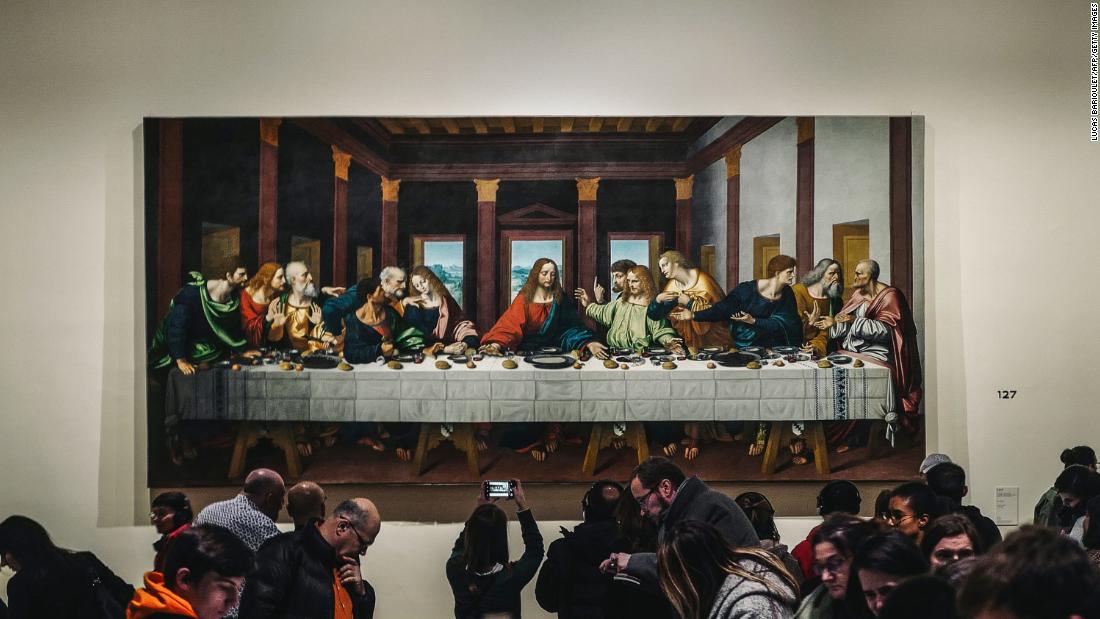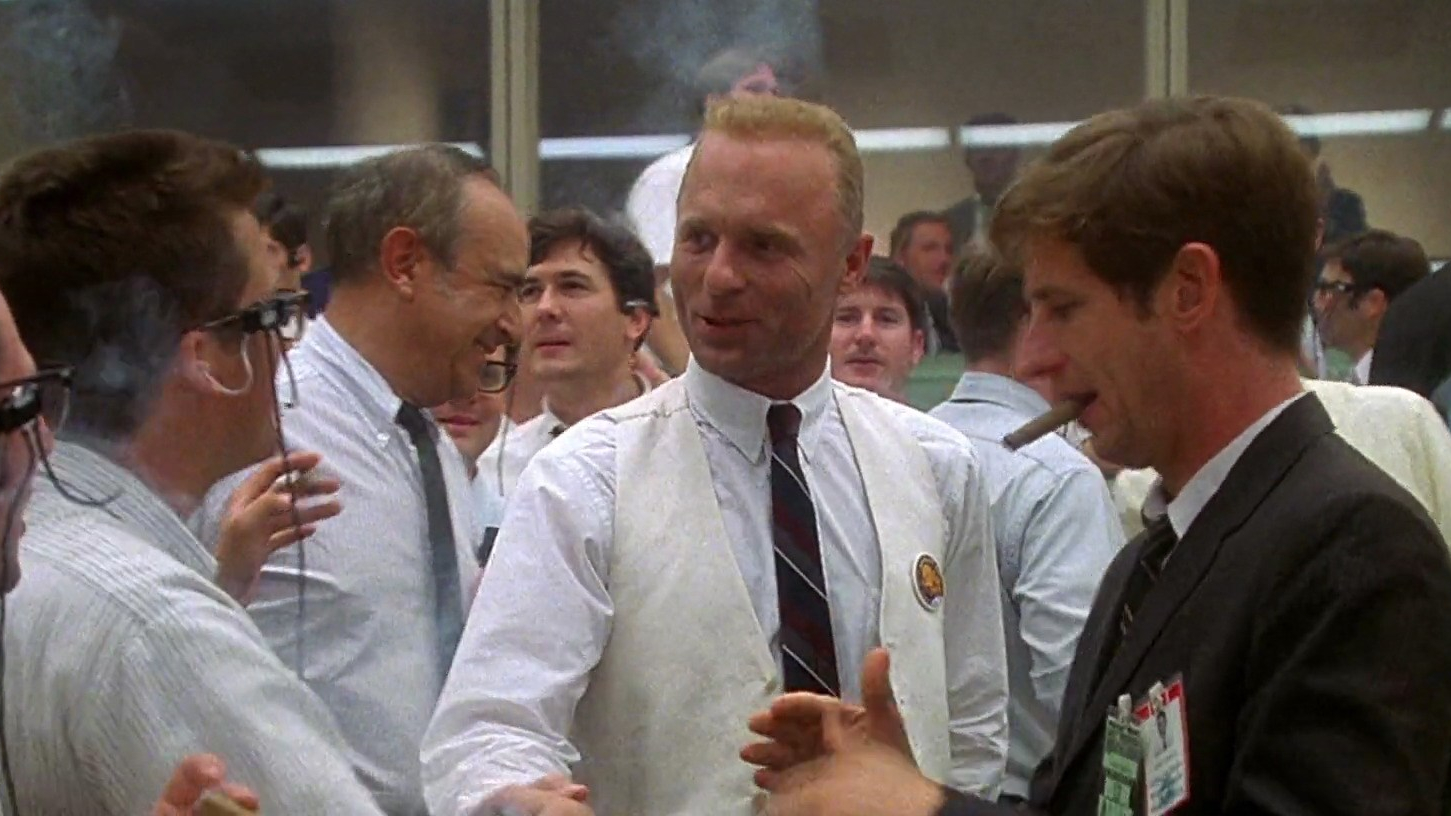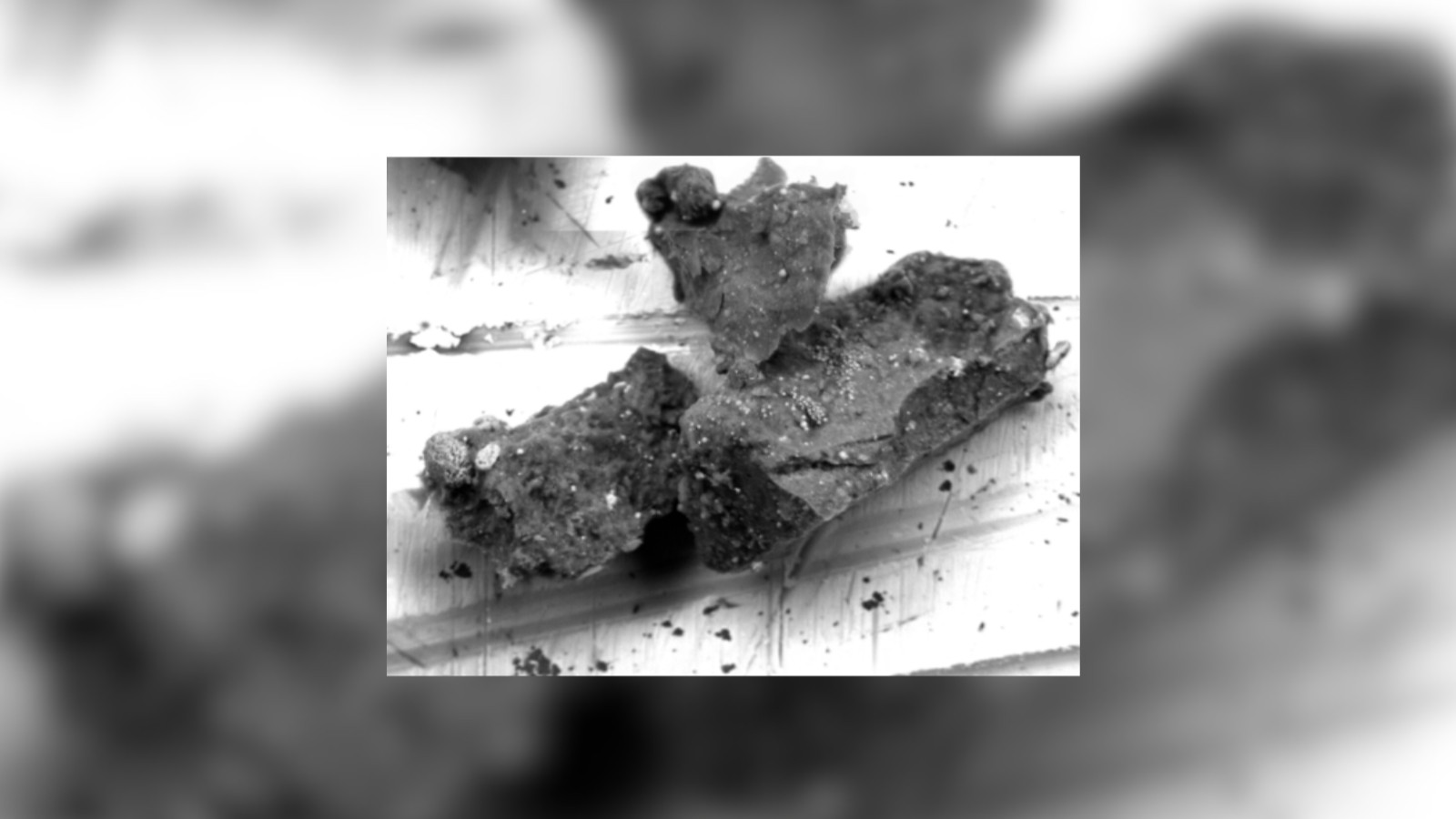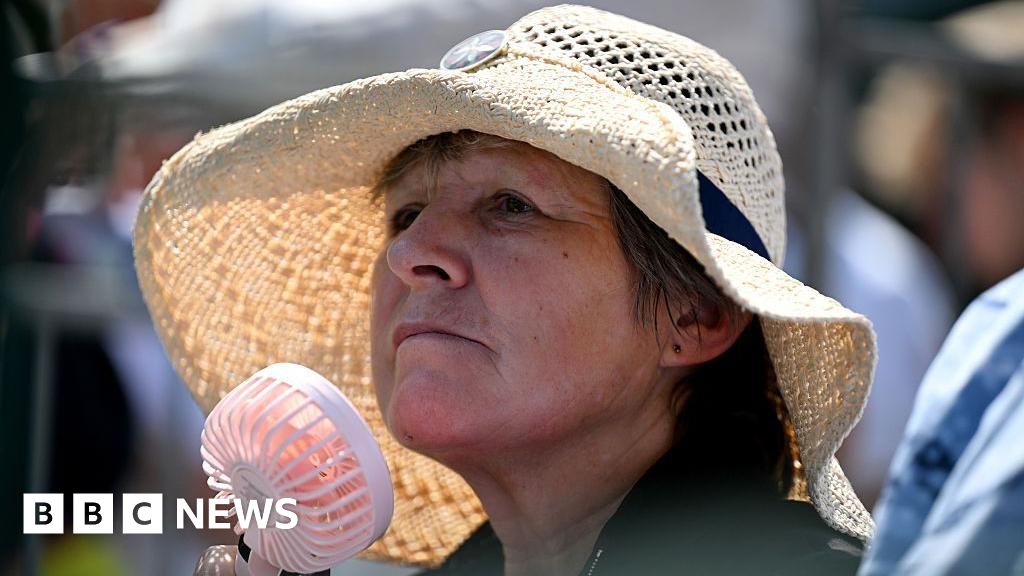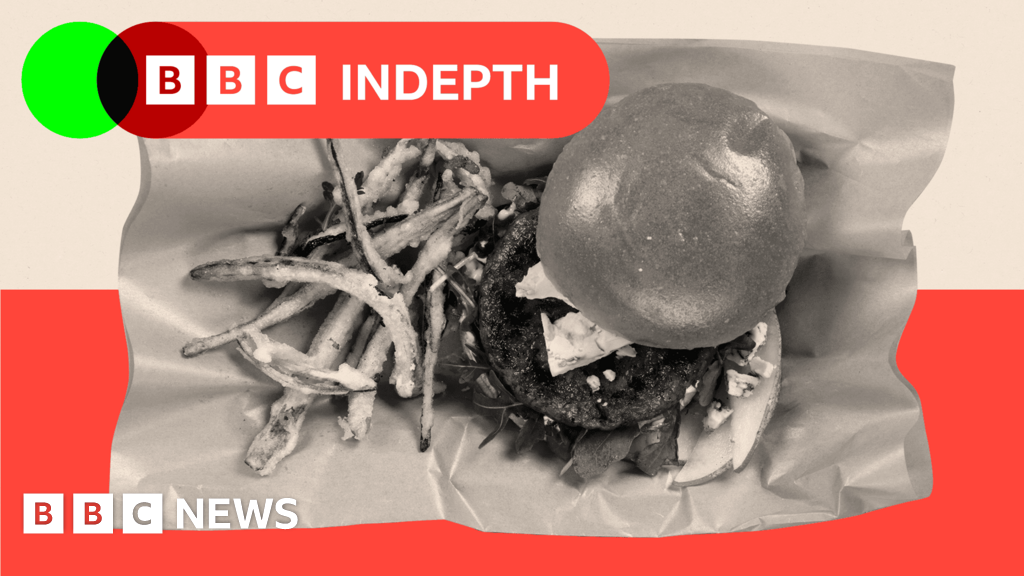D. Wayne Lukas helped revolutionize horse racing while adding joy to industry | C.L. Brown

It’s hard to imagine horse racing without trainer D. Wayne Lukas, who died Saturday at the age of 89. In my last interview with him, before American Promise became the 51st horse he saddled in the Kentucky Derby, Lukas himself opined on what’s ahead.
And it’s not all pretty for the industry.
“Well, I don't think it’s growing; I think it’s going the other direction,” Lukas said. “I think what’s going to happen is we’re going to get down to maybe a few key racing venues.”
Lukas helped revolutionize horse racing with an aggressive approach to shipping horses to different regions to race. He essentially created the template of running a national stable that many who worked for him, including Todd Pletcher, emulated and still use to this day.
Keeping that national profile, in a sport that stables largely just competed regionally, is what morphed Lukas into the de facto voice of horse racing from the time he won his first Triple Crown race in 1980 (Codex in the Preakness Stakes) to his dominant run in the mid-1990s.
Lukas won six straight Triple Crown races starting with the 1994 Preakness Stakes and ending with Grindstone winning the 1996 Kentucky Derby by a nose. When Editor's Note took the 1996 Belmont Stakes, that ran his streak to seven of eight, his only “loss” during that stretch was Editor's Note placing third in the Preakness Stakes.
Lukas said he didn’t know if that model will be sustainable in the future, especially in the West.
Lukas believed Kentucky will “always be good” because of Churchill Downs and Keeneland, but that smaller tracks were going to suffer mainly because of casinos and how gambling has become easily accessible through phone apps.
“If they get to where the state legislature or the owners decide that it’s a lot easier just to vacuum the carpet at 2 a.m. and not put up with all the expense of these horses, then the little tracks are in trouble,” Lukas said. “New York will always have a major track, at least one, although Aqueduct is disappearing. And I'm not so sure about the West Coast, but I think that with the betting sites, where you can bet anywhere, anyplace, anytime, I think that we're going to, we're going to see the little tracks suffer.”
The big tracks are in trouble, too, not of going out of business but in caving too much to the whims of big business.
Nowhere was it more clear to Lukas than with how Churchill Downs has kept adding to the Kentucky Derby.
Lukas understood the need to maximize revenue, but he warned that there’s too much cozying up to corporate interest.
“It used to be, 30 years ago, it was more involved, a race that emphasized the horses, the people,” he said. “But now it’s gotten really commercial,” he said. “Everything they do is selling, selling. You know, they would have never put a car out on the first turn 20 years ago.”
He acknowledged the Derby is still the race. Owners want to have a horse qualify for it. Trainers clamor to compete in it. Jockeys dream of getting a mount for it.
Still, Lukas warned that the hoopla should never exceed the experience. As he prepared American Promise for his final Derby run, he lamented, “They’ve taken a little bit of joy out of it.”
D. Wayne Lukas is gone after spending half of his life as a thoroughbred trainer. No matter how the future unfolds in the industry, just know that horse racing will lose a little bit of joy from his absence.
Reach sports columnist C.L. Brown at clbrown1@gannett.com, follow him on X at @CLBrownHoops and subscribe to his newsletter at profile.courier-journal.com/newsletters/cl-browns-latest to make sure you never miss one of his columns.
This article originally appeared on Louisville Courier Journal: D. Wayne Lukas death: Horse racing trainer obit, Kentucky Derby winner
What's Your Reaction?
 Like
0
Like
0
 Dislike
0
Dislike
0
 Love
0
Love
0
 Funny
0
Funny
0
 Angry
0
Angry
0
 Sad
0
Sad
0
 Wow
0
Wow
0


